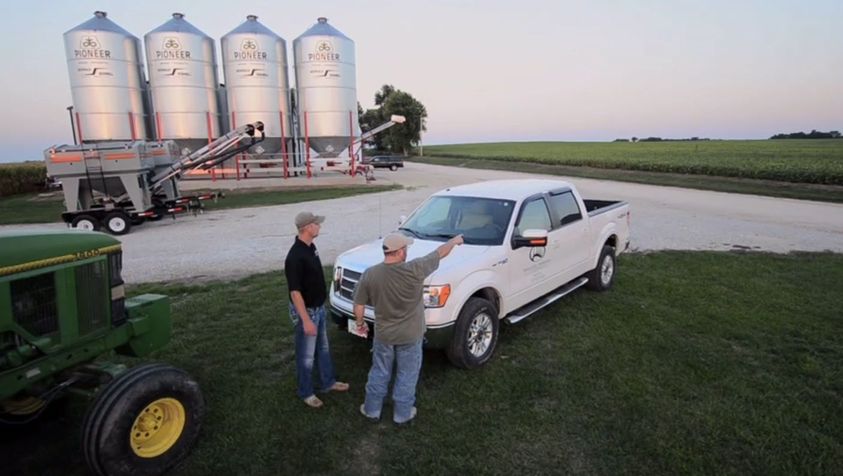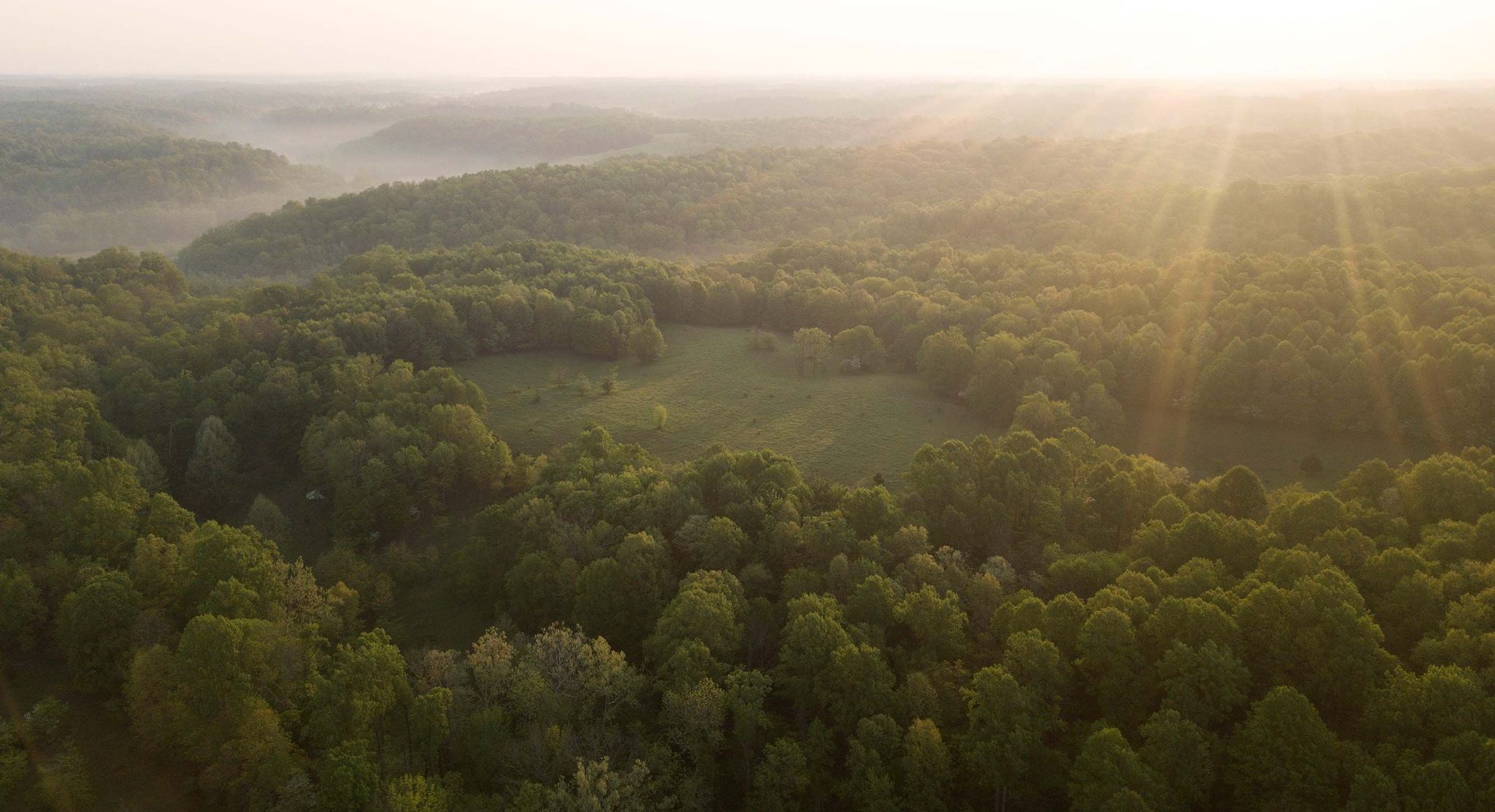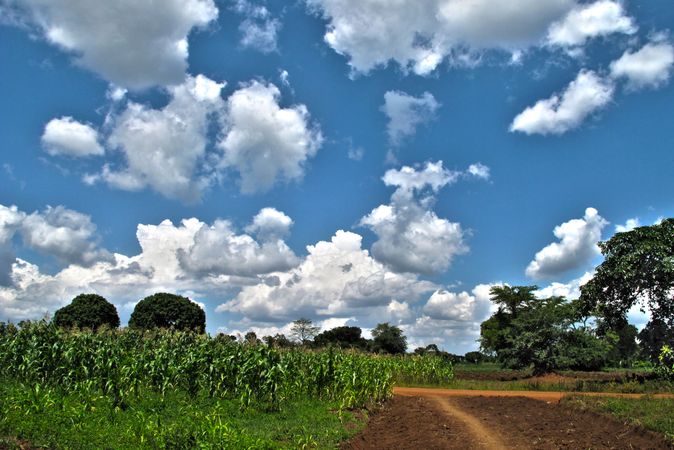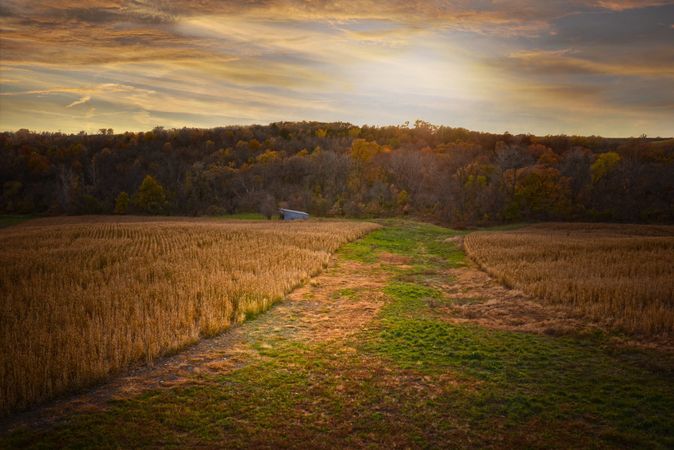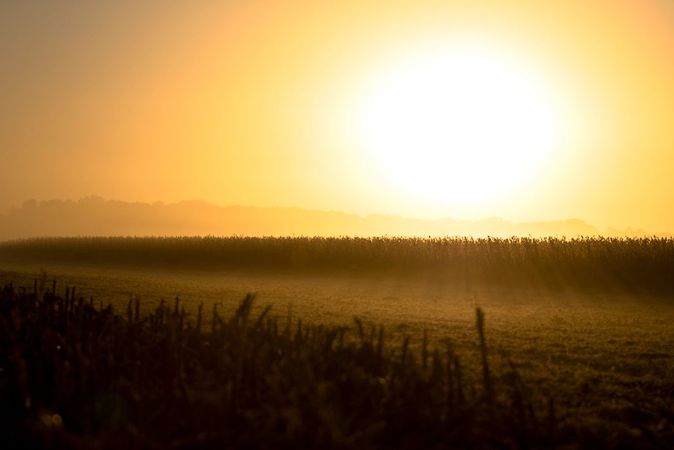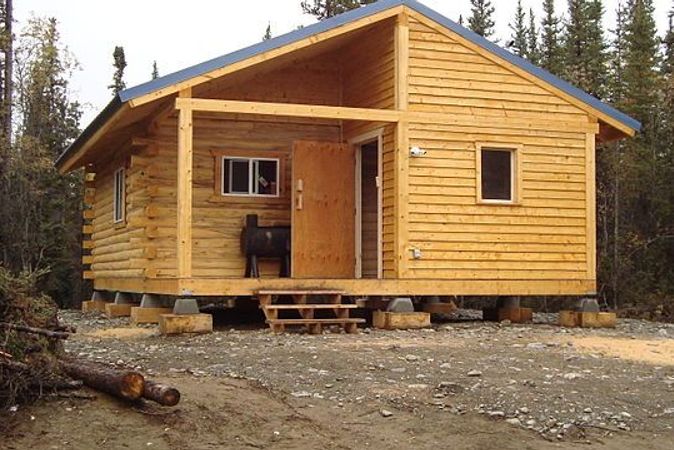You’ve found the right piece of hunting property that comes with the perfect tillable soil. But maybe you don’t yet have the time or the equipment to handle the responsibility of a farm. This now becomes an opportunity for you to put some extra cash in your pocket by renting out the land to a local farmer. Approximately 39% of the 911 million acres of U.S. farmland is not owned by the farmer. Instead, it's rented. Further, more than half of cropland is rented, compared with just over 25% of pastureland.
But before you start contacting potential leasers, there are some important steps to take.
Choose An Arrangement
First things first, you have to decide if you want to request cash upfront or a share in the cost and profits of the harvest. There are pros and cons to both arrangements and it really comes down to what you personally prefer. When farmland is rented out for cash upfront, the farmer and landowner will negotiate a price-per-acre based on land value and farming potential. After they agree on a price and the payment is made, the farmer will have a relatively free hand in making management decisions.
The other option is to share the crop. This is where a landowner and farmer will split the cost and profits (typically, one-third of the cost and profits goes to the landowner, and two-thirds of the cost and profits goes to the tenant). If you’re unsure of which arrangement is right for you, read Fixed and Flexible Cash Rental Arrangements For Your Farm written by the North Central Farm Management Extension Committee
Market the Land
There are several ways to market your land. You can post an ad online or in the local paper or hand out flyers at your local co-op, or restaurants and stores. When creating your ad, make sure to include as much detail as possible. What structures on the property will the tenant be able to use? How easy is it for the farmer to access the tillable land? Can they use any onsite water sources? This is the kind of information a prospective tenant will want to know. If you would rather not post an ad, you can ask local farmers that you know if they know anyone who is looking to rent some land.
Do Your Homework When Choosing a Farmer
As a future landlord, you want to be able to trust the farmer you choose to rent your land. You want them to take care of it and make sure it’s not depleted of its resources. When you’re seeking out a tenant, it’s best to:
- Interview Multiple Farmers. You wouldn’t send your child to the first daycare you found, and you shouldn’t rent your land to the first farmer who shows interest. Talk to as many farmers as you can, and get a general feel for who you’re comfortable with when renting your land.
- Meet In Person. Never rent to someone you haven’t personally met. Allow interested farmers to come out and look at the land. Meeting in person is a good time to explain what will be in the lease, discuss farming practices, how long the lease term will be and negotiate a price.
- Check References. If the farmer has rented farmland before, contact their previous landlords to see if they had a positive experience renting to them.
Use a Formal Lease
Once you’ve found the tenant that passes all of your criteria, it’s time to draw up a lease. When doing so, it’s important that the lease is a formal lease. Many agricultural universities will publish a sample farming lease, but that should only be used as a starting point. Be sure to outline any terms that you want the farmer to follow. For example, if you want the farmer to leave some crops standing for late-season hunting, you need to get it in writing. You should also include what will happen if you decide to sell the land. (In some states, if the buyer sells the rented land, the new buyer must honor any existing lease). Lastly, be sure to add that you have permission to access the rented land to hunt and visit.
Insurance and Taxes
Since you will be making money from your land, you’re technically a business owner. This means you will have certain liability exposures that could end up costing you. By getting liability insurance, you will add the first layer of protection for expenses that may occur from injury or wrongful death. It will also cover any associated medical bills. Also, talk to your insurance agent to determine the coverage type you'll need for protection against liabilities while renting out the land. As for income and estate taxes, they are affected by farm rental agreements. Speak with a tax consultant so you know the best way to handle these issues.
Adhere to the Lease
After the lease is signed, stick to the terms. Keep lines of communication open and be reasonable. By being accountable from the beginning, hopefully, this will set the tone for both parties going forward.


